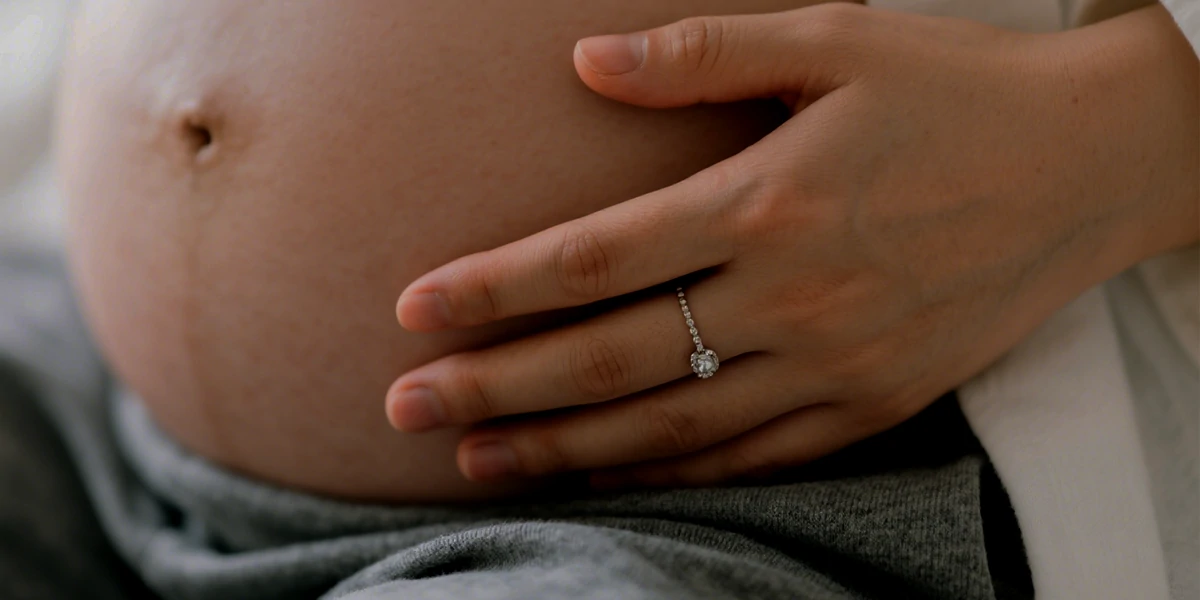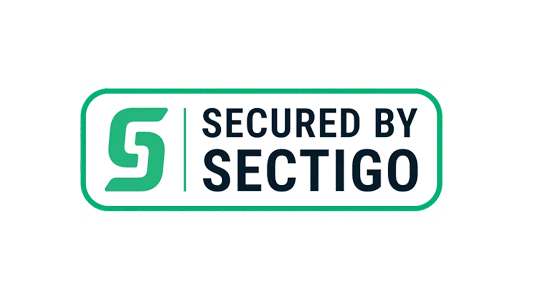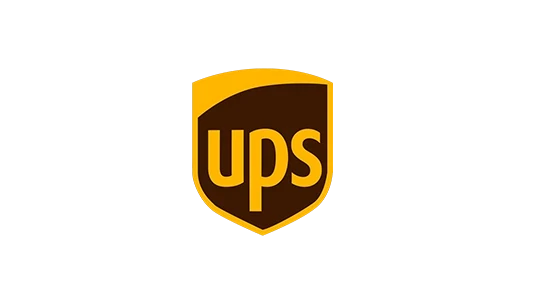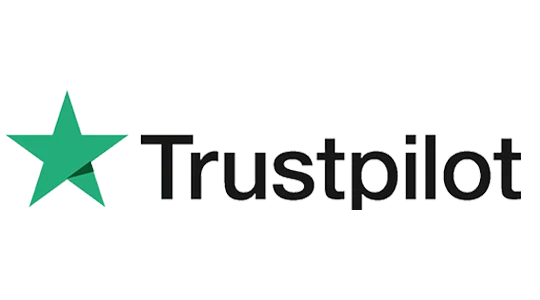Blog
Can You Have Laser Hair Removal When Pregnant?

Pregnancy is a transformative journey, filled with emotional, physical, and lifestyle changes. Among these, personal grooming routines often need adjustments due to hormonal shifts and their effects on the body. Laser hair removal, a popular solution for long-term hair reduction, is one such routine many women consider during this time. But the big question remains: can you have laser hair removal when pregnant? Let’s dive into expert insights, scientific facts, and alternative solutions to help you make an informed decision.
What Is Laser Hair Removal and How Does It Work?
Laser hair removal is a non-invasive cosmetic procedure designed to significantly reduce hair growth over time. It works by using highly concentrated light beams that target the melanin (pigment) in hair follicles. The light is converted into heat, which damages the hair follicle and delays or prevents future hair growth.
Key Benefits of Laser Hair Removal:
- Long-term reduction in hair growth.
- Reduced risk of ingrown hairs.
- Smoother skin with less need for shaving or waxing.
Common Treatment Areas:
- Underarms
- Legs
- Bikini line or pubic area
- Facial regions, such as the upper lip
Since hair grows in cycles, multiple sessions are required to achieve optimal results. Treatments are usually spaced out to align with the hair growth cycle.
How Does Pregnancy Affect Hair Growth?
During pregnancy, hormonal changes can significantly alter hair growth patterns. The increased levels of estrogen and progesterone can lead to thicker, faster-growing hair in areas like the stomach, face, back, and pubic region. This can make hair removal feel like an ongoing challenge.
Temporary Hair Growth Changes:
- Prolonged Growth Cycle: Hair remains in the anagen (active growth) phase longer, resulting in less shedding.
- Increased Body Hair: Hair may appear in unexpected places due to hormonal fluctuations.
- Postpartum Changes: These changes are typically temporary, and hair growth patterns usually normalize after childbirth.
Is it Safe to Get Laser Hair Removal While Pregnant?
The short answer is: it’s best to avoid it. While laser hair removal focuses solely on the hair follicle and does not penetrate deeper into the body, there is no conclusive scientific evidence proving its safety during pregnancy. For this reason, most experts recommend postponing laser treatments until after delivery.
Why Experts Advise Against Laser Hair Removal When Pregnant:
- Heightened Skin Sensitivity: The increased blood flow and hormonal changes during pregnancy can make your skin more reactive. This may elevate the risk of irritation, burns, or discomfort during the procedure.
- Hyperpigmentation Risk: Hormonal fluctuations often cause pigmentation issues like melasma (dark patches), which could worsen with laser treatments.
- Lack of Research: There are no extensive studies on the effects of laser hair removal on pregnant women or their unborn babies. While the risks may be minimal, the absence of definitive evidence leads experts to err on the side of caution.
Even though the laser does not affect the uterus or fetus directly, the potential for skin reactions or unpredictable outcomes makes it a less favorable option during pregnancy.
What Do Dermatologists and Medical Experts Recommend?
Most dermatologists and obstetricians agree that all non-essential cosmetic treatments should be postponed during pregnancy. The American Academy of Dermatology (AAD) advises against unnecessary procedures, including laser hair removal, during this sensitive time.
Exceptions:
Some clinics may allow laser treatments for smaller areas, like the face, during the second trimester. However, this is rare and requires approval from your physician. It’s always better to prioritize safety and wait until postpartum to resume treatments.
Safe Hair Removal Alternatives During Pregnancy
If laser hair removal isn’t an option, there are several safe and effective alternatives you can use during pregnancy. While they may not offer the long-lasting results of laser treatments, these methods are safer for both you and your baby.
1. Shaving
- Pros: Quick, painless, and safe for legs, underarms, and bikini areas.
- Tips: Use a sharp razor and moisturizing shaving cream to minimize irritation.
2. Waxing
- Pros: Removes hair from the root, offering longer-lasting results than shaving.
- Cons: Skin sensitivity during pregnancy may make waxing more painful.
- Tips: Test on a small area to ensure your skin can handle the treatment.
3. Tweezing and Trimming
- Pros: Ideal for small areas like eyebrows or stray facial hairs.
- Tips: Avoid over-plucking to prevent skin irritation.
4. Hair Removal Creams
- Pros: Convenient and effective for larger areas.
- Cons: Not all products are pregnancy-safe.
- Tips: Always check the label for pregnancy-safe formulations and perform a patch test to rule out allergic reactions.
When Can You Resume Laser Hair Removal After Pregnancy?
Postpartum is a safer time to consider resuming laser hair removal. However, timing is crucial, as your body needs time to recover from the hormonal changes associated with pregnancy and childbirth.
Recommended Timeline:
- Wait 3–6 Months: Hormone levels typically stabilize within this period.
- Breastfeeding Caution: Skin sensitivity may persist while breastfeeding, so consult your doctor or dermatologist before starting treatments.
For the best results, wait until your hair growth cycles return to normal. This ensures the laser can effectively target the active growth phase of hair.
FAQs: Laser Hair Removal and Pregnancy
Q1: Is it worth completing laser hair removal before pregnancy?
Yes, completing your sessions before pregnancy can minimize the hassle of managing increased hair growth during this time.
Q2: Can you have laser hair removal while breastfeeding?
Although there’s no evidence of harm, many clinics recommend waiting until after breastfeeding due to ongoing hormonal fluctuations and potential skin sensitivity. Click to learn more about laser hair removal and breastfeeding.
Q3: Is it safe for pregnant laser technicians to work?
Yes, as long as proper protective equipment is used, the laser energy does not pose a risk to the technician or their pregnancy.
Q4: What are the risks of laser hair removal when pregnant?
Potential risks include skin burns, pigmentation issues, and unpredictable healing due to heightened sensitivity and hormonal changes.
Conclusion
While laser hair removal is a highly effective method for long-term hair reduction, it’s best avoided during pregnancy due to the lack of definitive safety data and the heightened sensitivity of your skin. Instead, consider safe alternatives like shaving, waxing, or tweezing to manage hair growth during this time.
After pregnancy, once your body and hormones have stabilized, you can confidently resume laser hair removal treatments. Choosing a trusted device like the 808nm diode laser and IPL Laser, both are safe and efficient for your postpartum hair removal journey.
Always consult with your healthcare provider if you still have concerns about having laser hair removal when pregnant before making any decisions, and prioritize your health and well-being above all else.













